Positioned high atop the Judean Hills in Israel lies the vineyards and winery of Tzuba. The city of Tzuba dates back to biblical times, and most recently reclaimed after the Holocaust in the form of a kibbutz. The first kibbutz was founded in 1909 but the idea of kibbutzim exploded during and after World War II. These agricultural communities are self-efficient encompassing gardens, orchards, dairies, factories, technological centers, cafeterias, and of course, a winery. Most kibbutz members, known as kibbutznik, work in some section of the kibbutz economy.
Tzuba Winery grows mostly Merlot, Cabernet Sauvingon, and Chardonnay on their 45ha of vineyards. Malbec, Mourvedre, Grenache, Syrah, and Cabernet Franc are in an experimental stage for four to five harvests to see if there is potential. The vineyards are positioned at 730 meters above sea level on unique Terra Rosa soil, similar to those in South Africa and Australia. The region receives 600mm of annual rainfall, mostly in the winter. As winemaker Paul Dubb would explain, “The winter rain is good to wash salts out of the soil, but we don’t need rain
Manager and winemaker Paul Dubb hails from Cape Town, South Africa and learnt the art of winemaking from his father. Dubb has been the head winemaker at Tzuba since 1996, and a member of the kubbutz for over 18 years. Dubb was first brought in to establish all of the kibbutz vineyards and was responsible for all the major planting decisions and quality controls. He prefers high-density planting 6,660 vines per ha. Tzuba grapes are sold to top quality wineries – Castel, Har-Odem, Asif, Binyamina, Kfir, Shiloh and other small boutique wineries.
Kosher laws in the vineyard are less strict compared to in the winery, but are still restrictive. Vineyards must follow agricultural laws which date back to ancient times:
- Orla: For the first three years, fruit from the vine may not be used for wine-making. In the fourth year, the vine can bear fruit, and a winemaker is permitted to use the grapes.
- Shmita: The Sabbatical year. Every seventh year, the fields should be left fallow and allowed to rest. However, because of economic realities, this is more symbolic these days, and as Dubb would explain, “There are ways around this.” One downfall is even if wine is produced, they would not be purchased by the religious people. But if they do, they must finish the entire bottle as none can be wasted. A rule everyone should abid by, even if non-Sabbatical years.
- Kilai hakerem: Cross breeding. Growing vegetables, flowers and cereals between the vines is prohibited. Only natural cover crops can be used, as you cannot plant anything into the vineyard. This fact prohibits the practice of biodynamics as you may not deposit manure-filled cow horns into the vineyard.
- Trumot and ma’aserot: This is a symbolic ceremony in which more than 1 percent of the production is poured away in remembrance of the 10% tithe once paid to the Temple in Jerusalem.
Inside the winery, kosher laws become more restrictive:
- Only Shabbat-observant Jews may handle the product and touch the wine-making equipment from the time the grapes arrive at the winery. Therefore, a Jewish winemaker who is not Orthodox is not allowed to draw samples from the barrels.
- Only kosher items or substances may be used in the winemaking process. Yeasts, fining (filtering) and cleaning materials have to be certified as kosher and must not be derived from animal by-products. Almost like an ISO 9000 standards regulation, the source of every item used in kosher winemaking must be known, monitored and approved.
Winery tours are pretty much non-existent. There is no walking around the winery, touching barrels, taking pictures, and therefore, learning what makes this a special place to make wine. I was yelled at for my foot simply too close to a transfer nose laying on the winery floor, and was instructed to take pictures through a glass window. You won’t learn much about winemaking in Israel, but that shouldn’t stop you from asking a few questions. To combat the intense summer heat, harvest is conducted at night so the grapes arrive as cool as possible. The grapes arrive at the winery between 7 a.m. to 8 a.m. and then de-stemmed. Once the grapes arrive to the winery, the strict kosher rules go into effect. Alcoholic fermentation will last two to six weeks depending on varietal and quality. The juice will then be separated from the must, which is crushed and then all combined into tanks for spontaneous malolactic fermentation for two to three weeks at 23-24 degrees Celsius. Depending on the wine, each will be aged 14 to 24 months in French oak barrels, filtered, bottled, and aged in their cellar for an additional six to twelve months before being released.
Paul shared four of their most popular wines with us including a late harvest Chardonnay (not pictured). All of the outer rows of the vineyard will be picked once they lose 30-35% of their liquid and then pressed to make their sweet bottling. Unfortunately, my tasting notes on each wine disappeared!
Tzuba Estate Winery “Metzuda” Chardonnay 2014
Metzuda, meaning castle, is fermented and aged 50% in stainless steel and 50% barrel. The wine does not go through malolactic fermentation.
Tzuba Estate Winery Merlot 2011
Tzuba’s Merlot is 100% even through Israeli law only required 85% to be varietal labeled.
Tzuba Estate Winery “Metzuda” 2012
Their flagship wine, a blend of 70% Cabernet Sauvignon, 15% Merlot, and 15% Cabernet Franc. It’s aged 24 months in French barrels.
For the wine geeks, you may not be able to geek-out over biodynamics and organic cover crops, or walk the winery and cellar tasting aging wines in barrel. You may even be fearful for your life, climbing over barb wire and passing through signs in Hebrew with large red X’s, which I assumed stated ‘Please stay out of the vineyards’. As you can tell from my pictures, I did not read those signs. And every time I heard a tractor, I hide in-between rows of vines. Still, you will never learn the true sense of a wine region without visiting. And while I may have never visited the region aside for attending a wedding, I will look forward to seeing more Israeli wines exported in our markets.
Cheers!
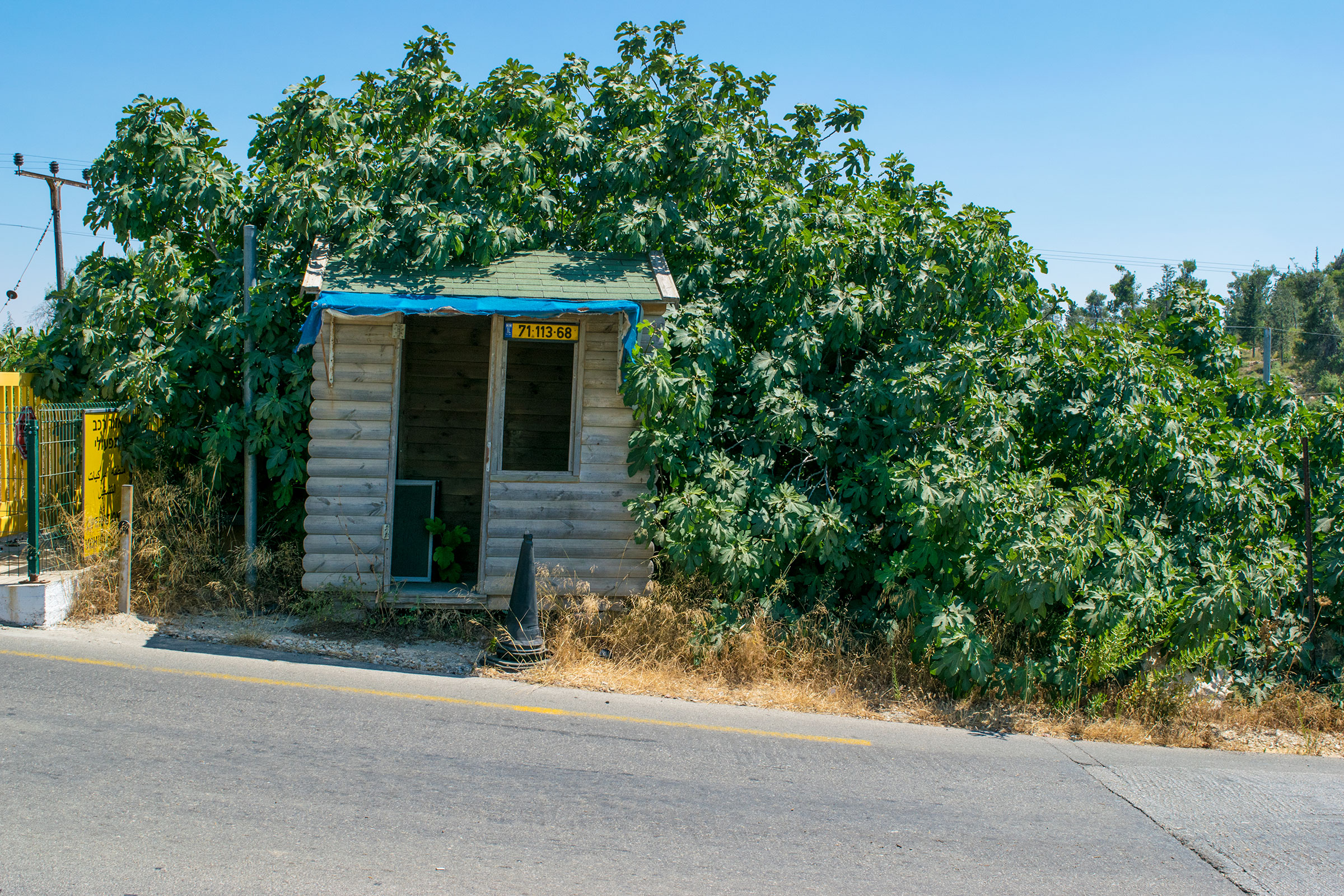
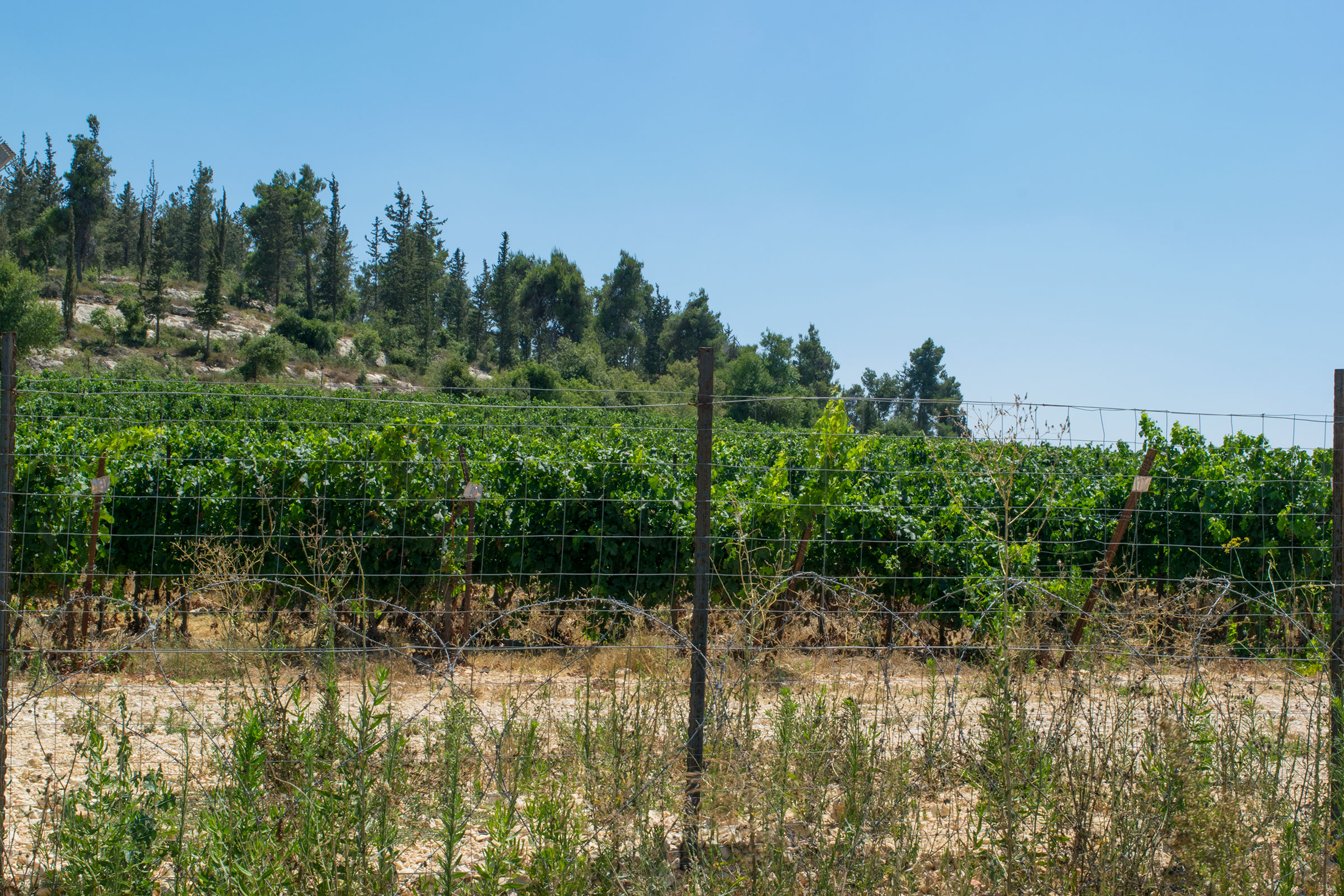
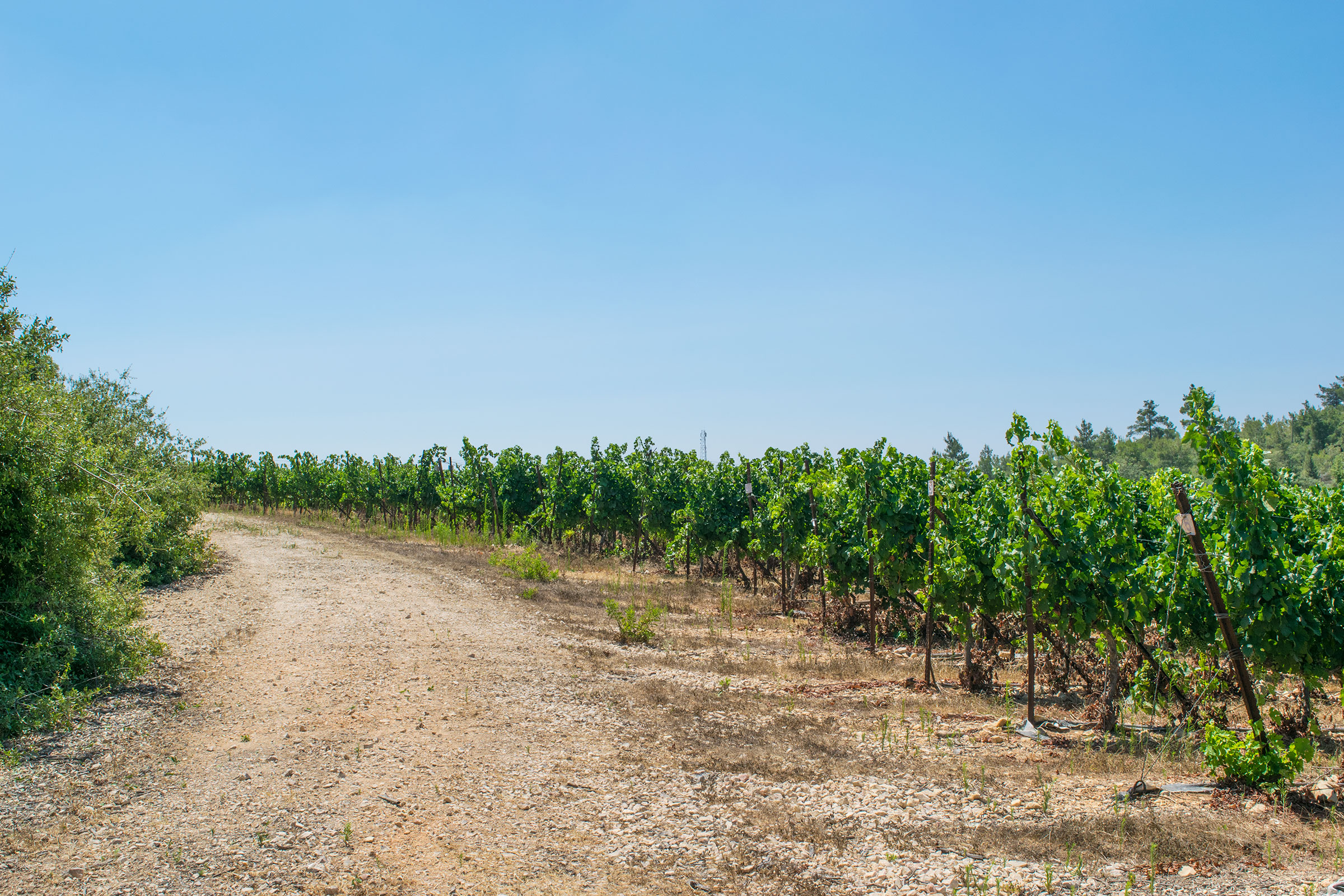
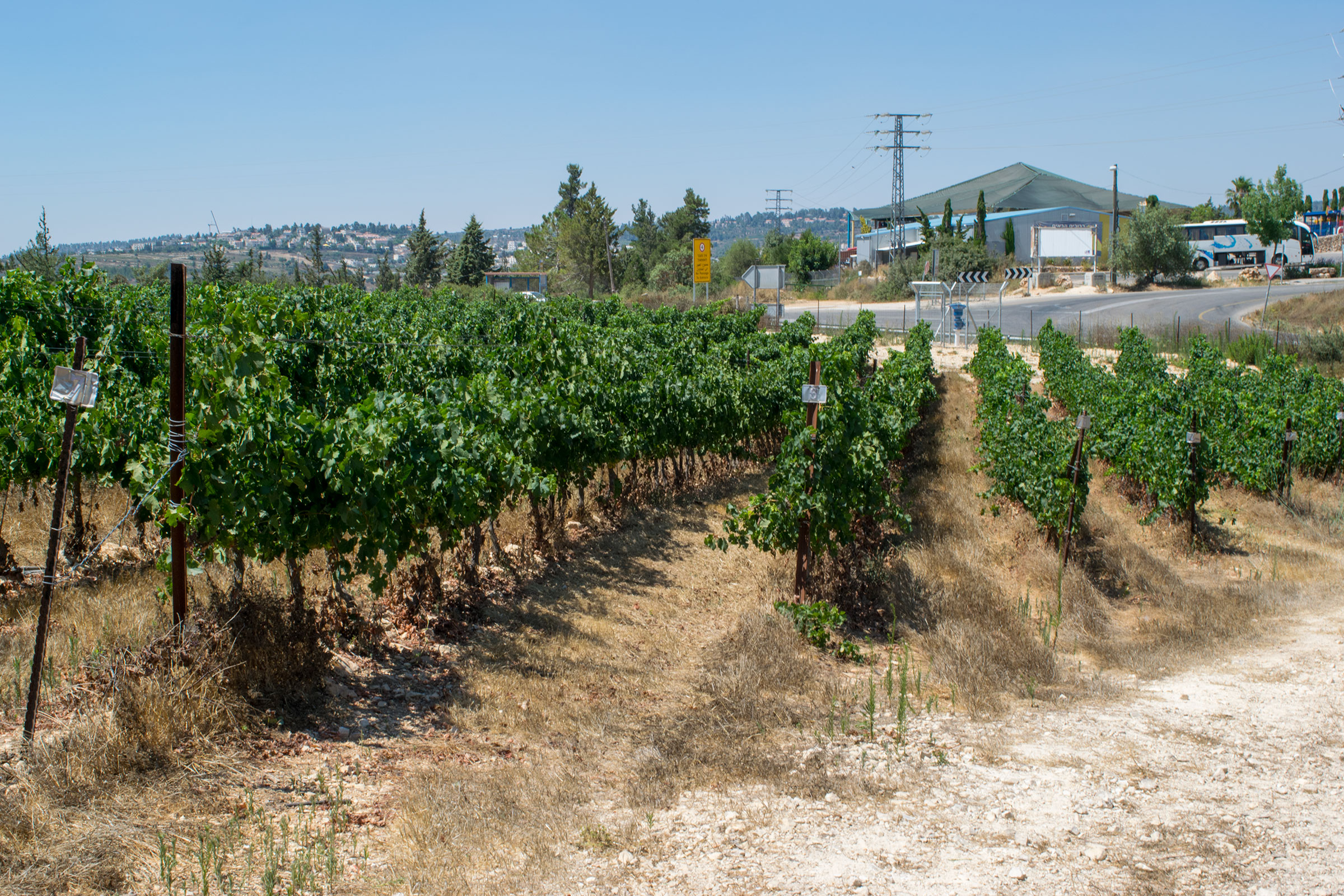
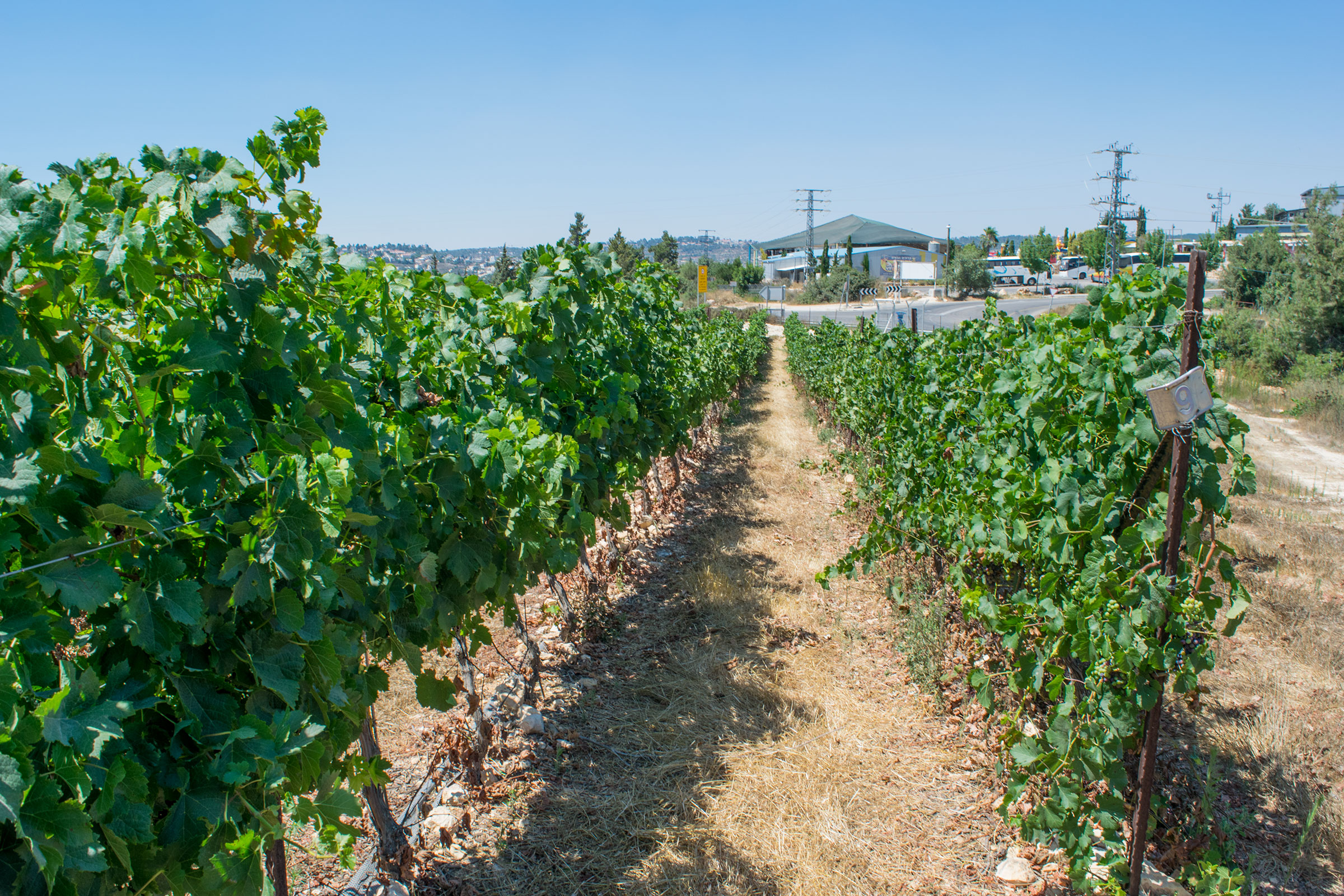
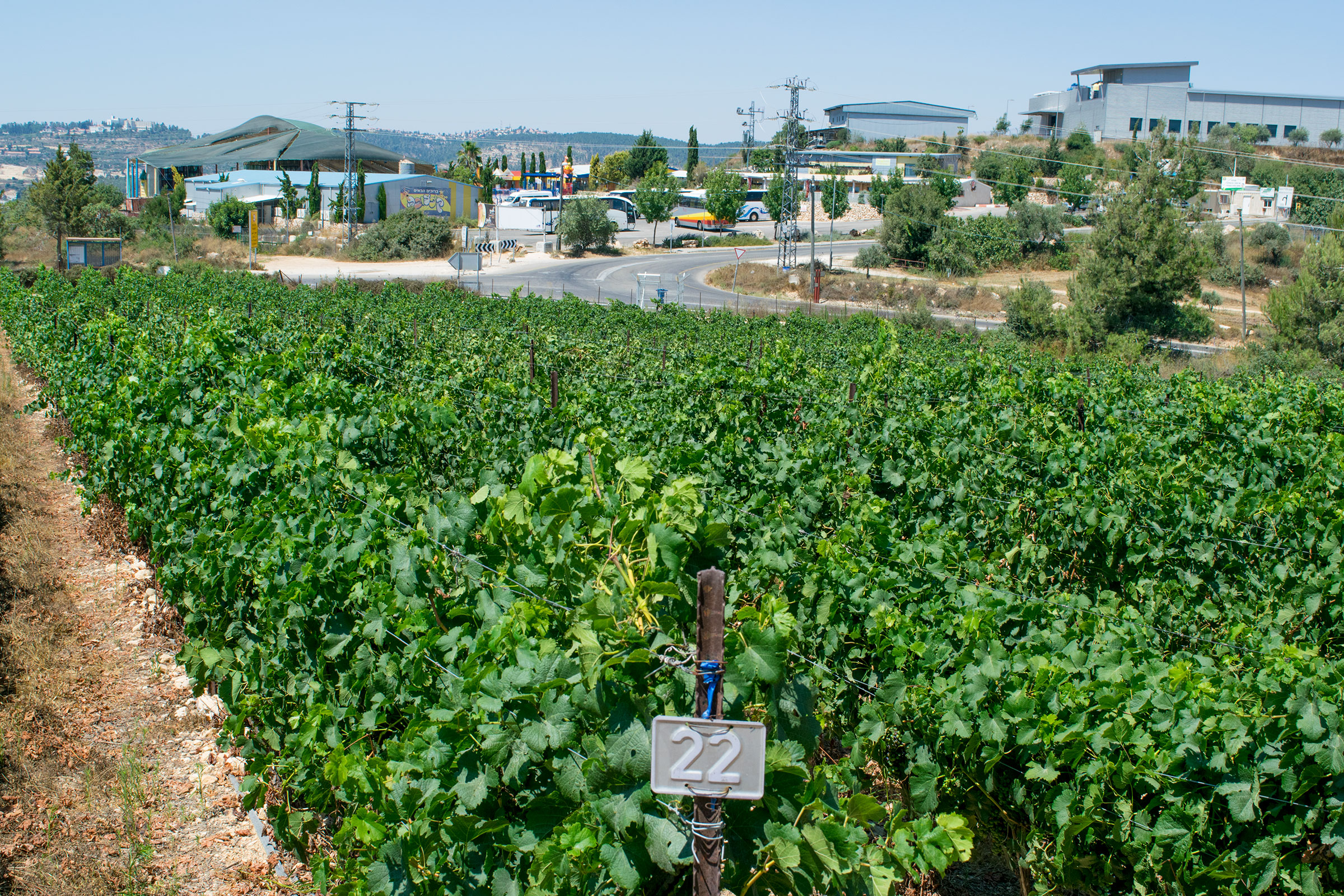
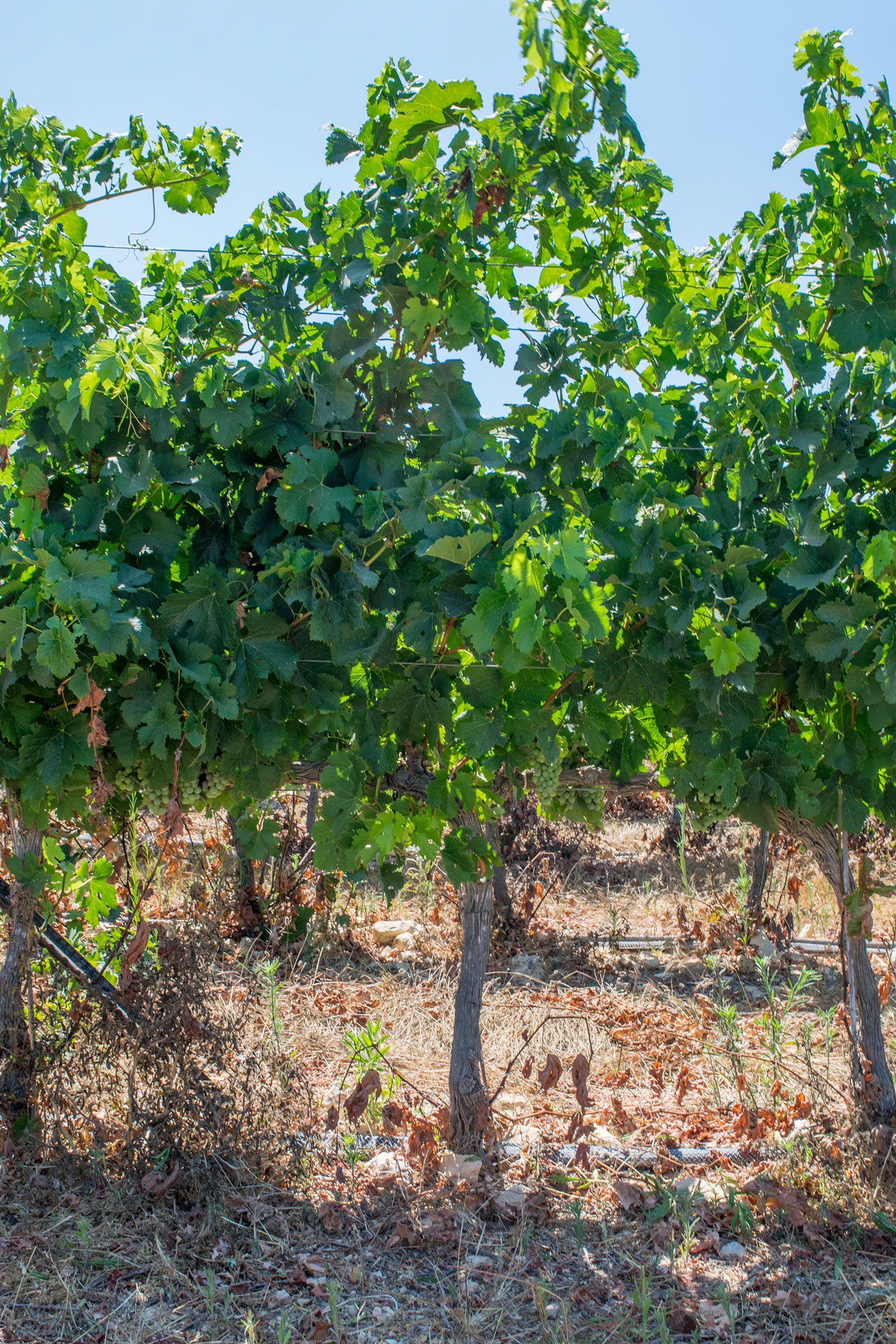
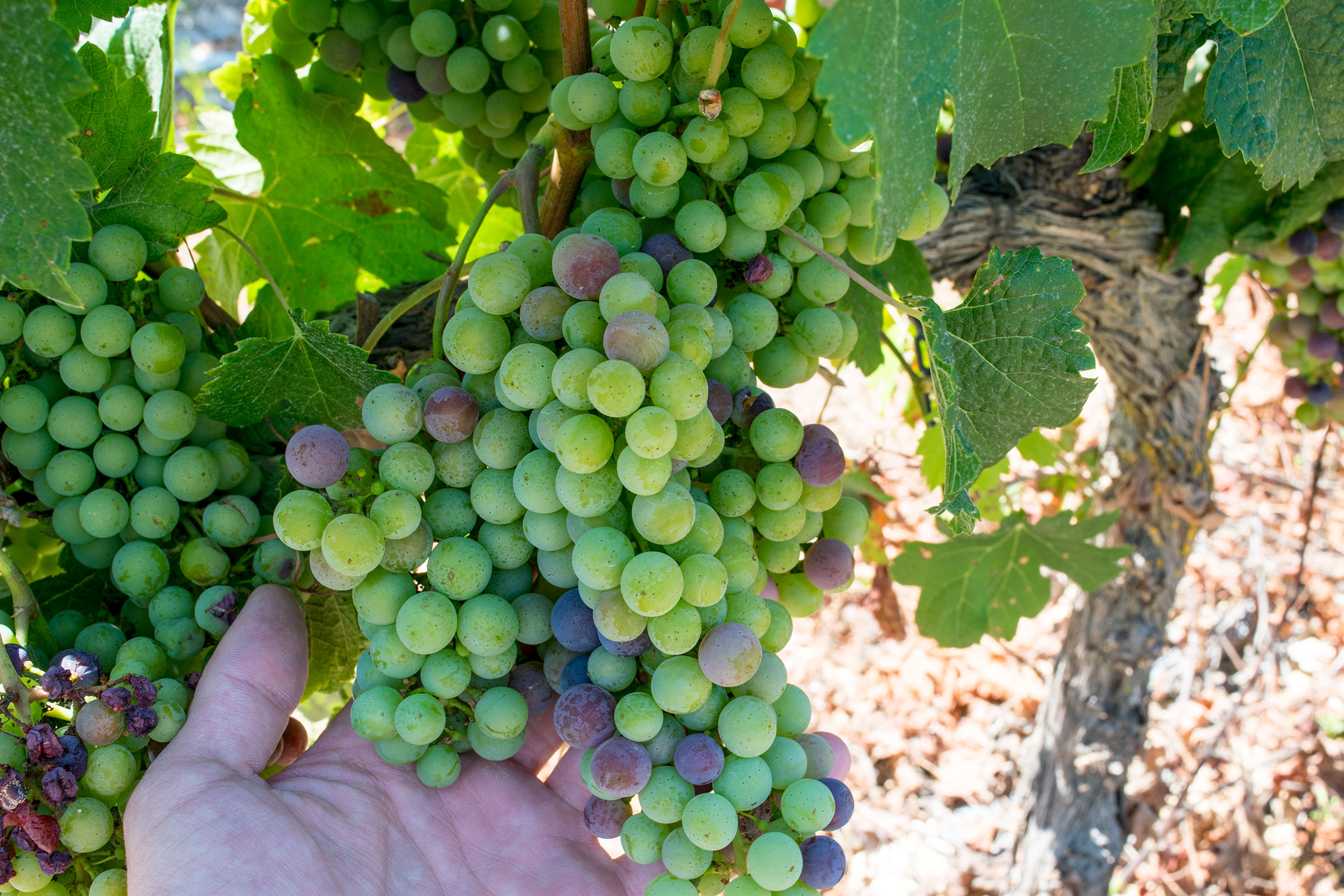
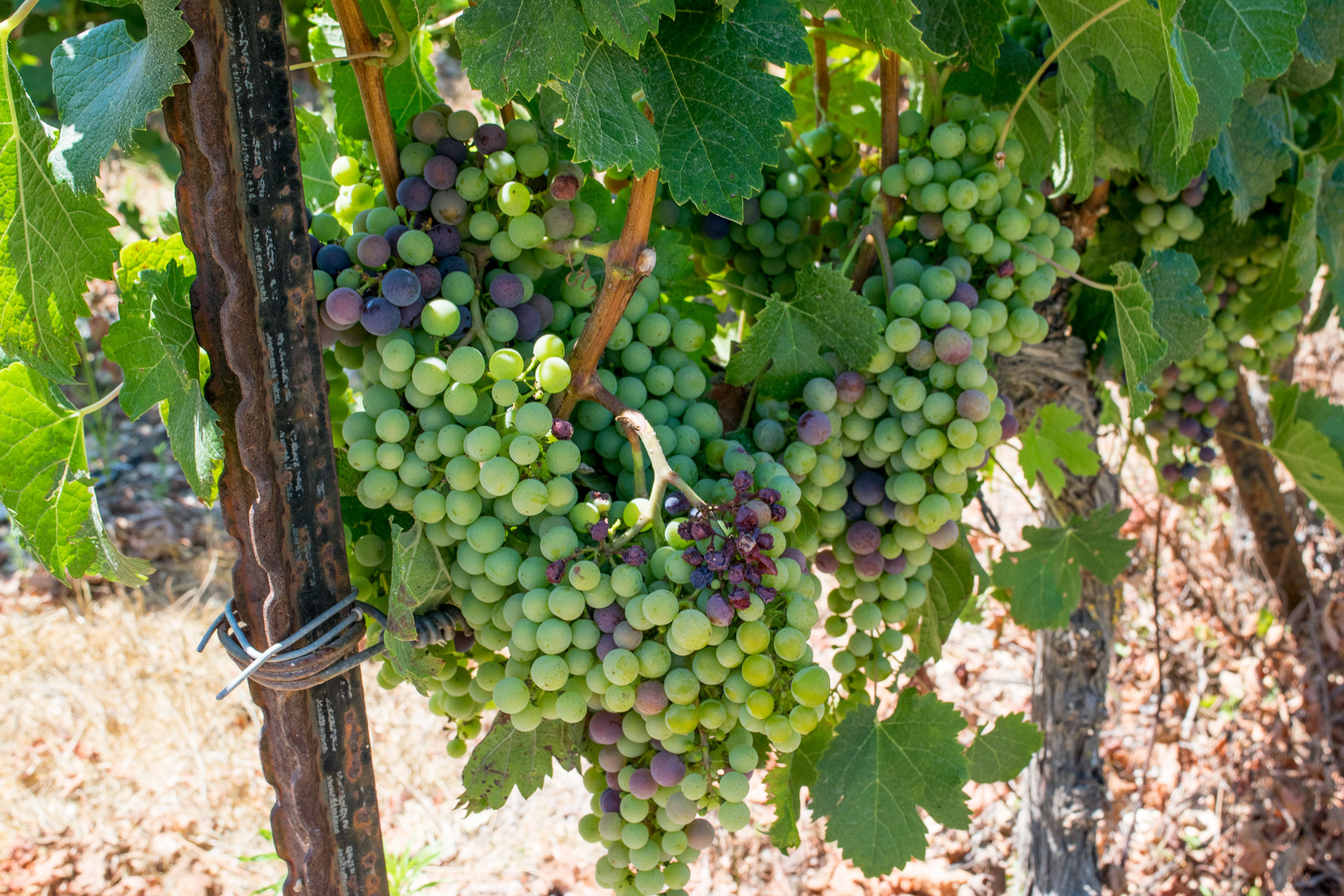
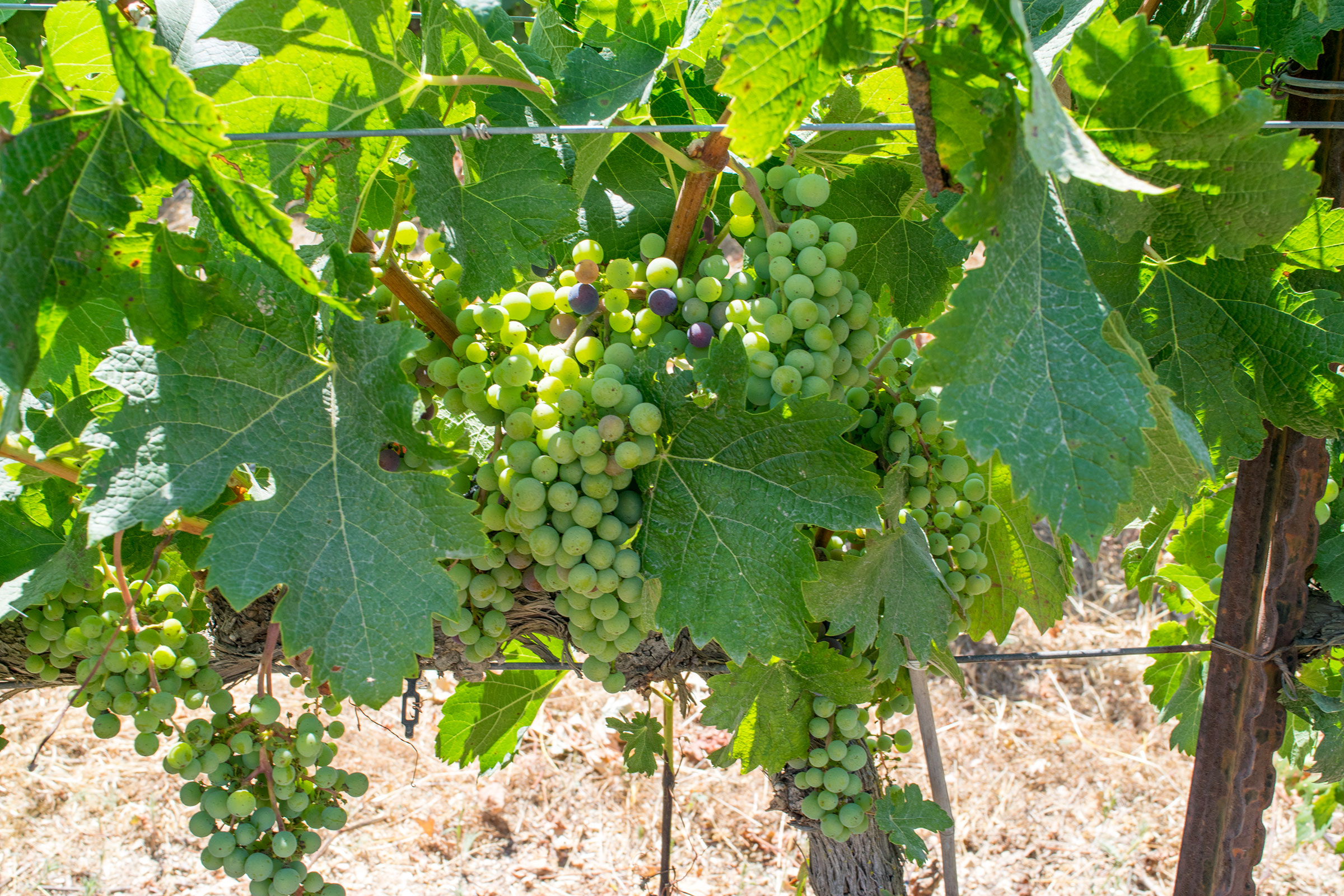
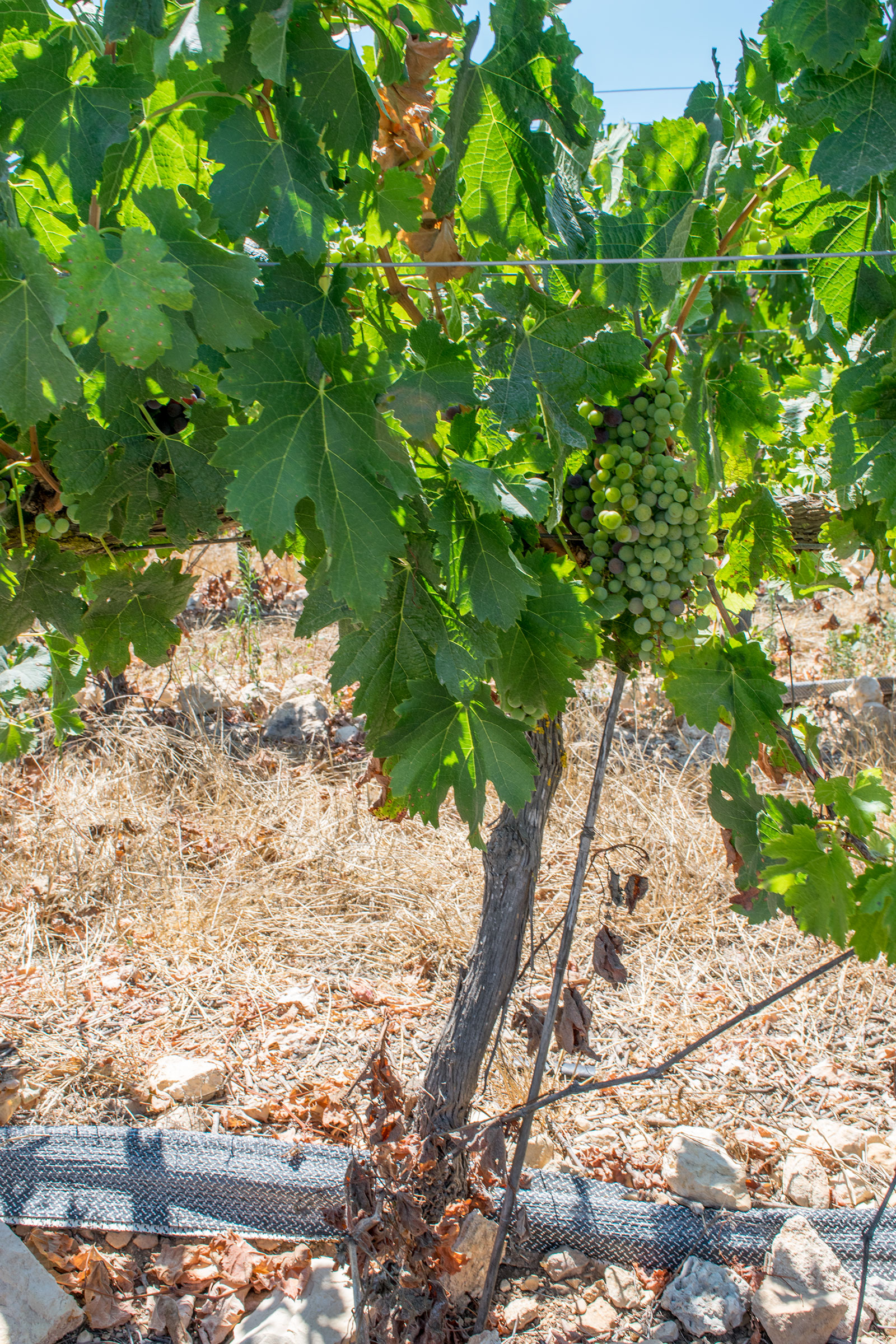
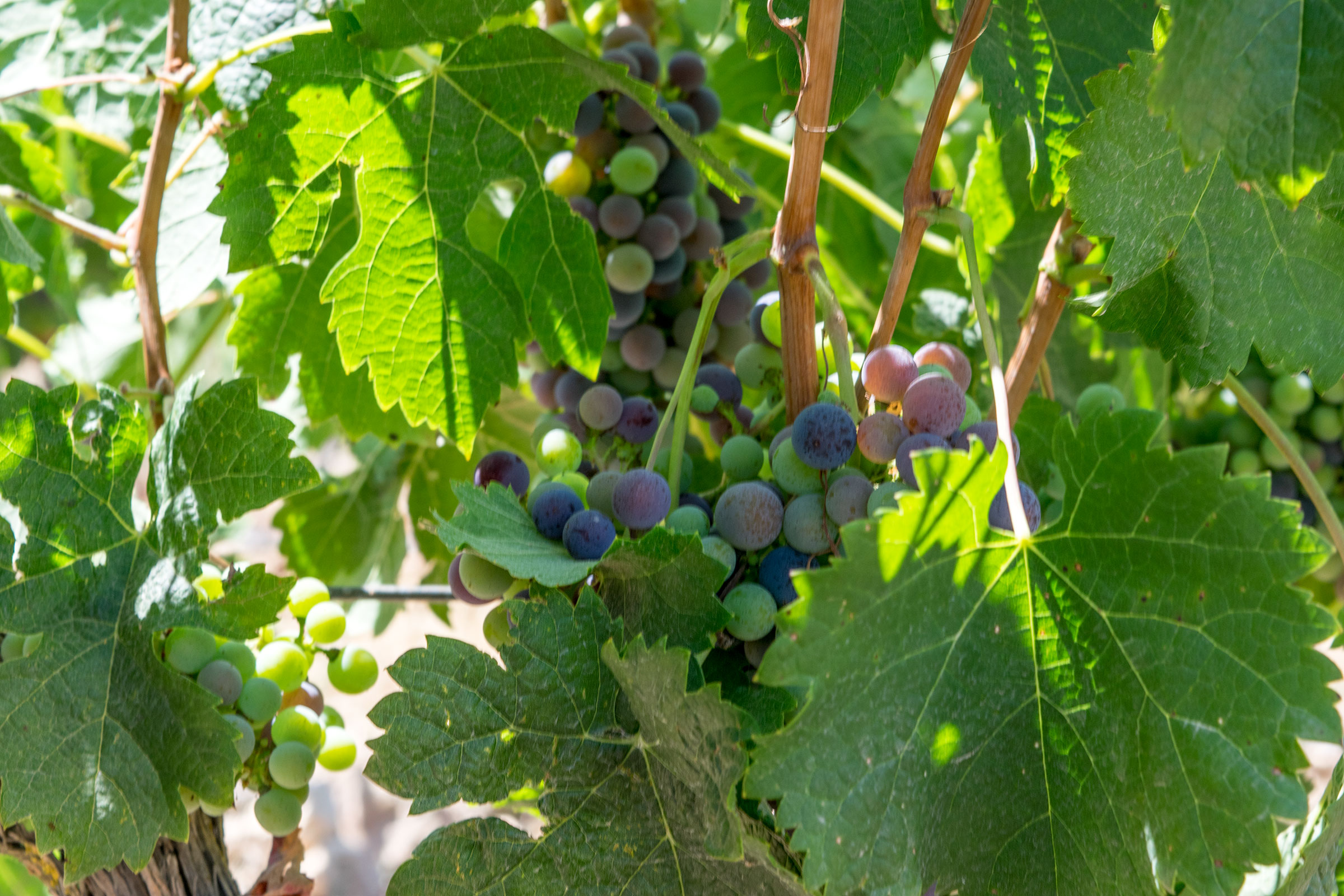

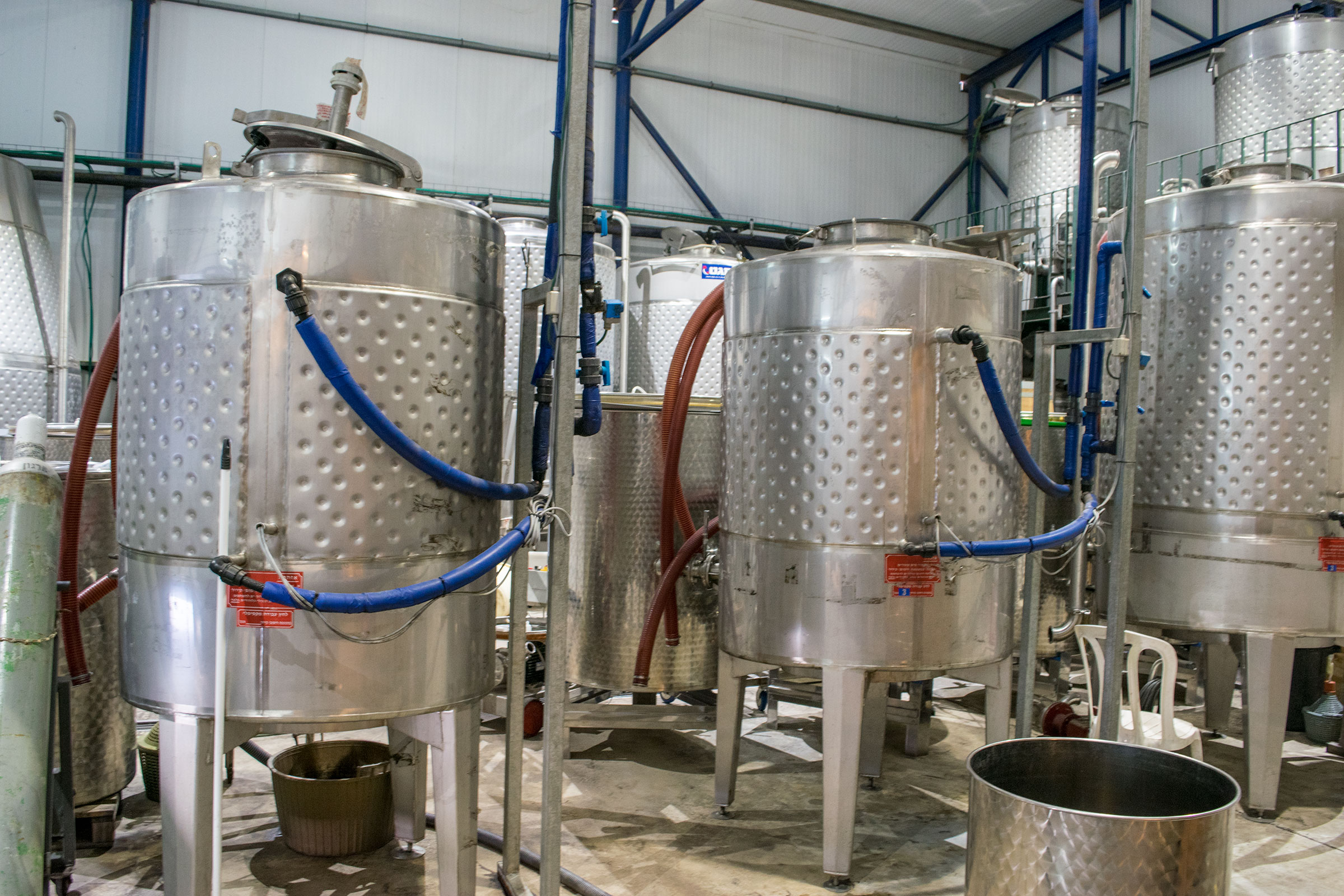
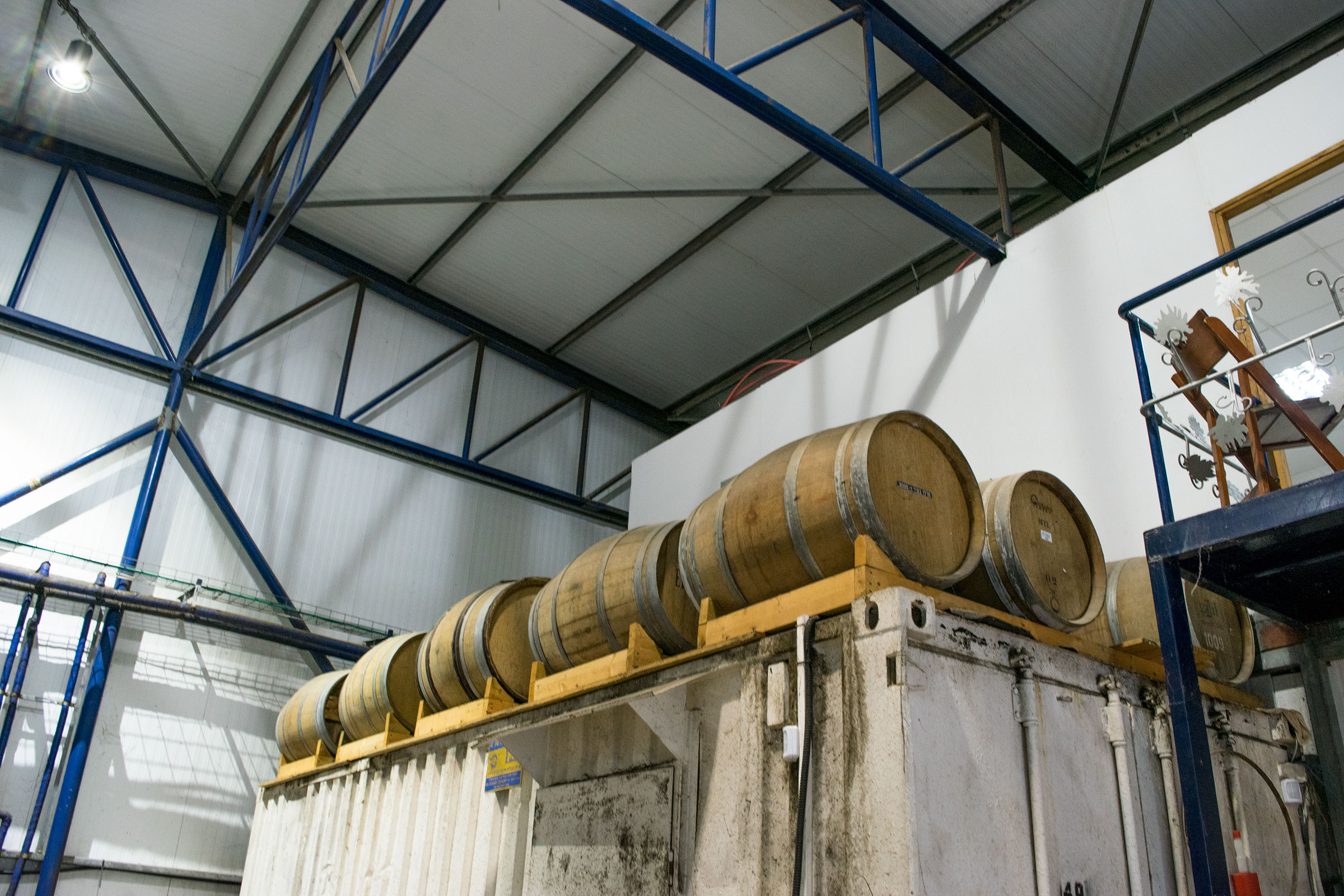

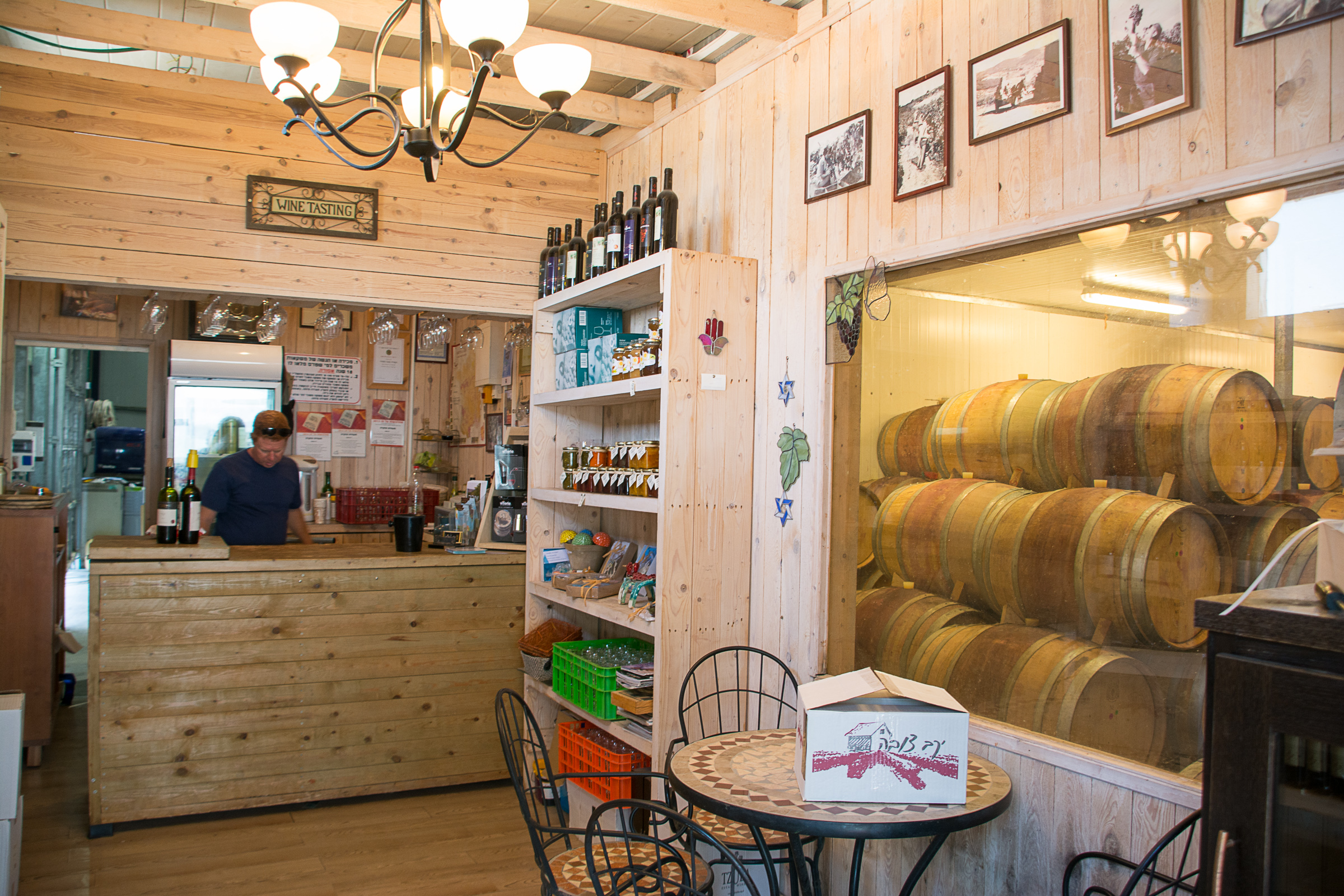
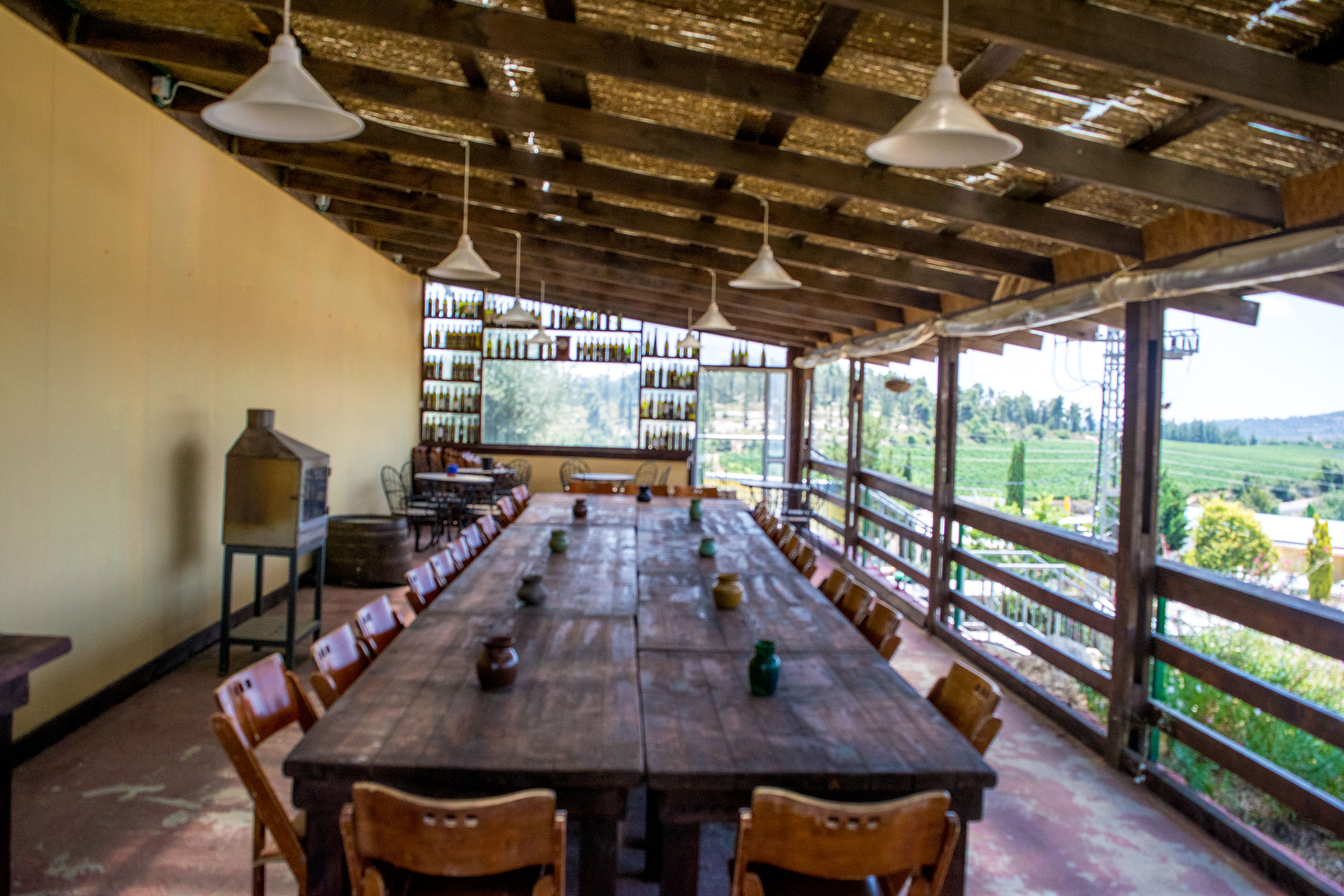
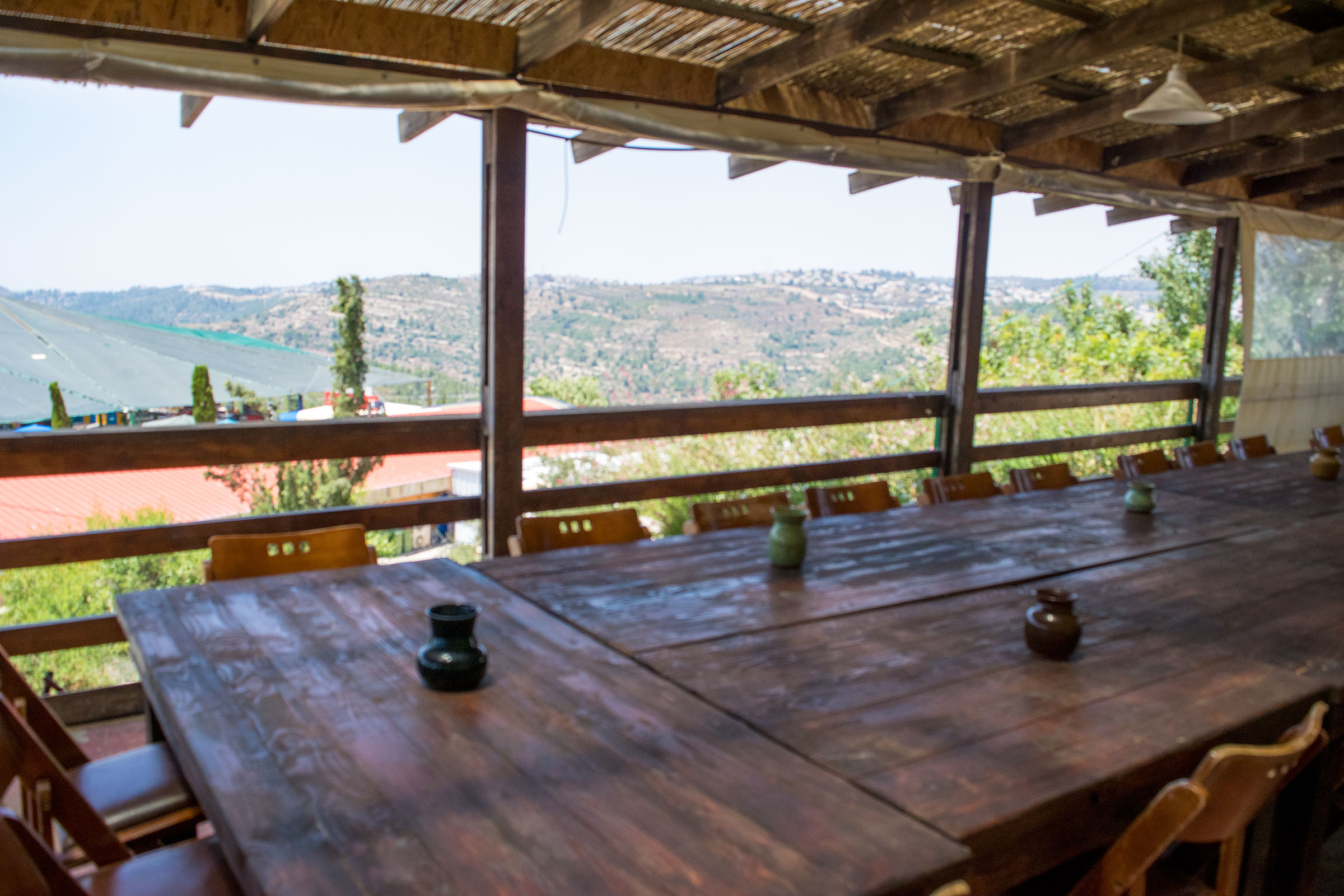
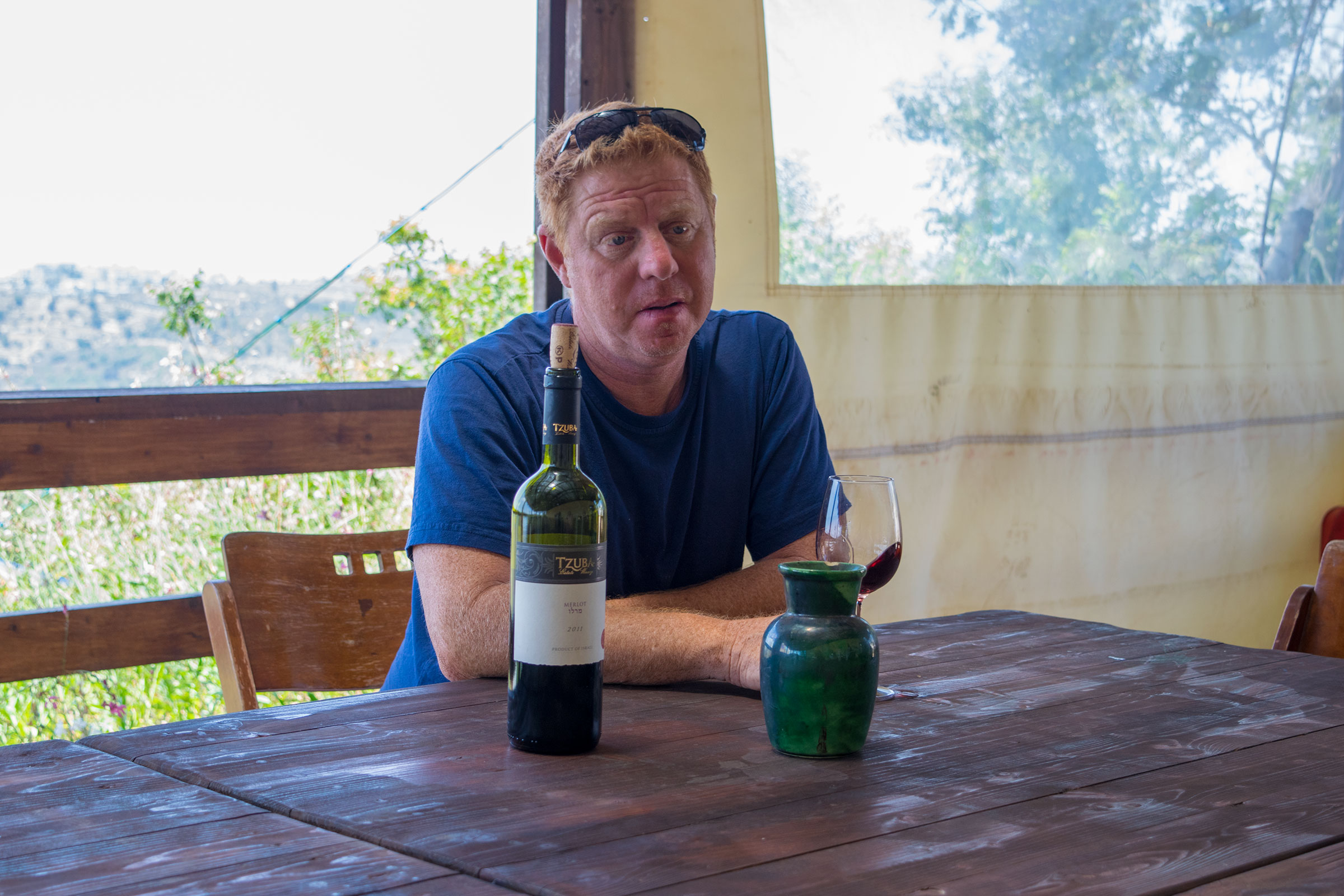

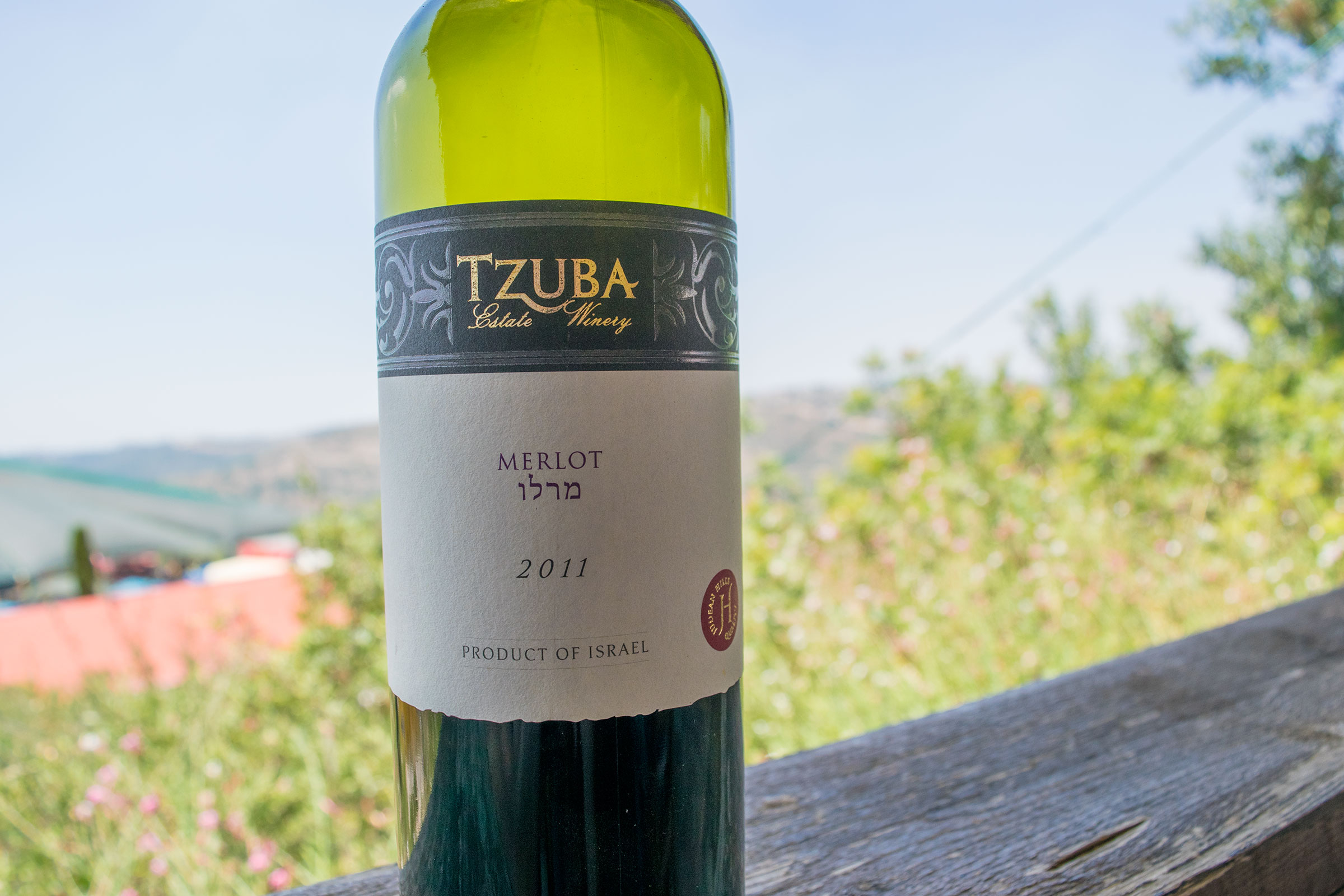
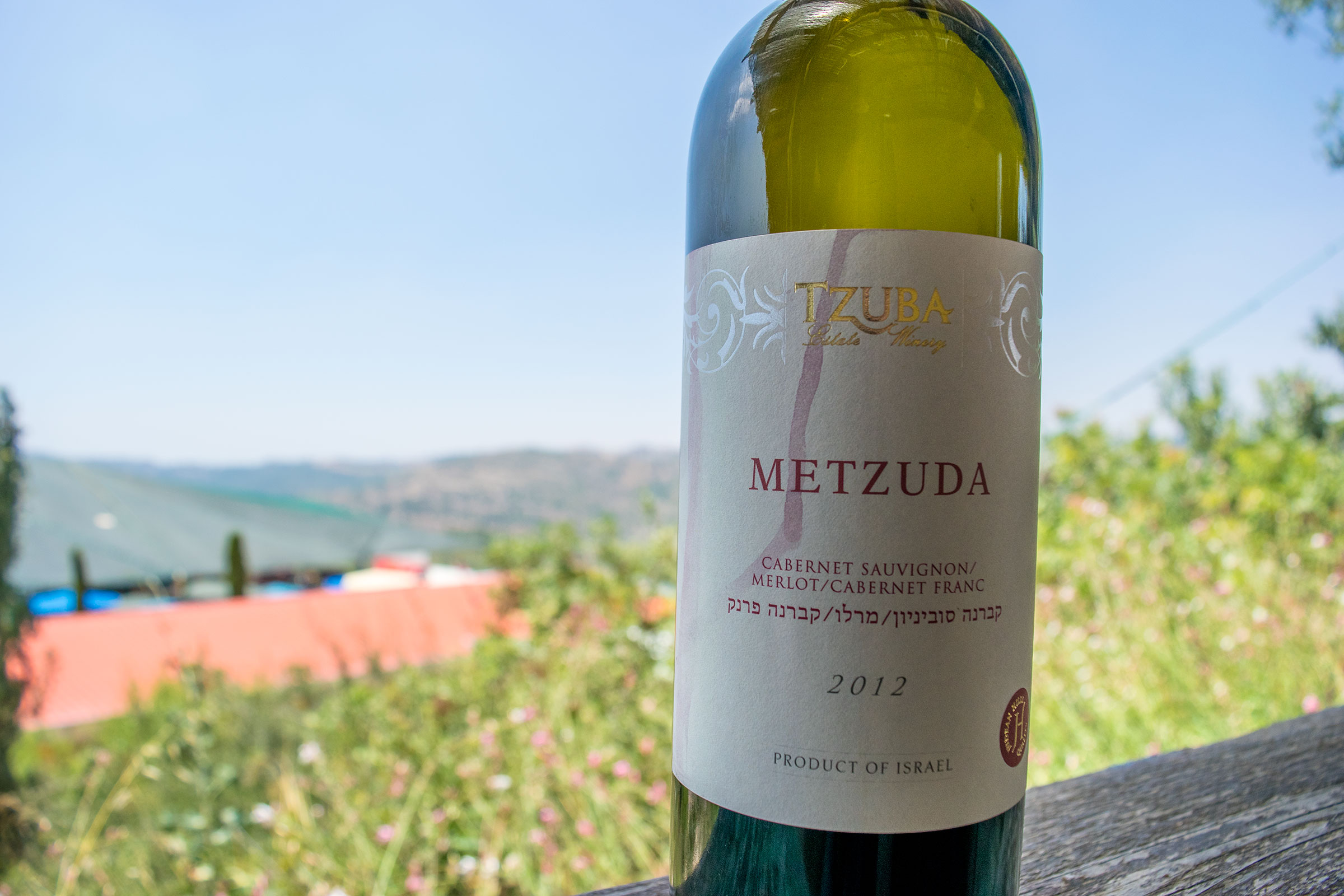

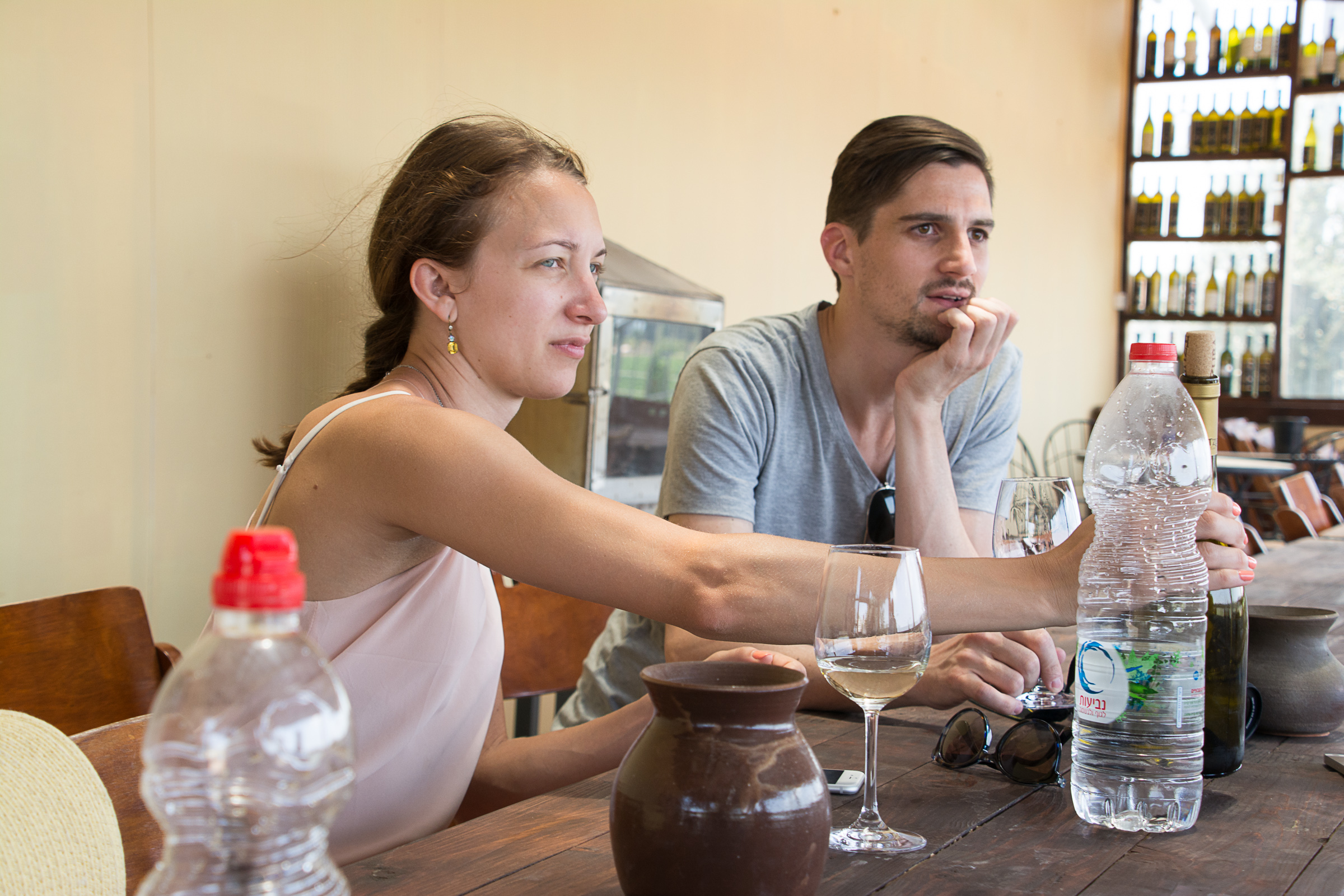

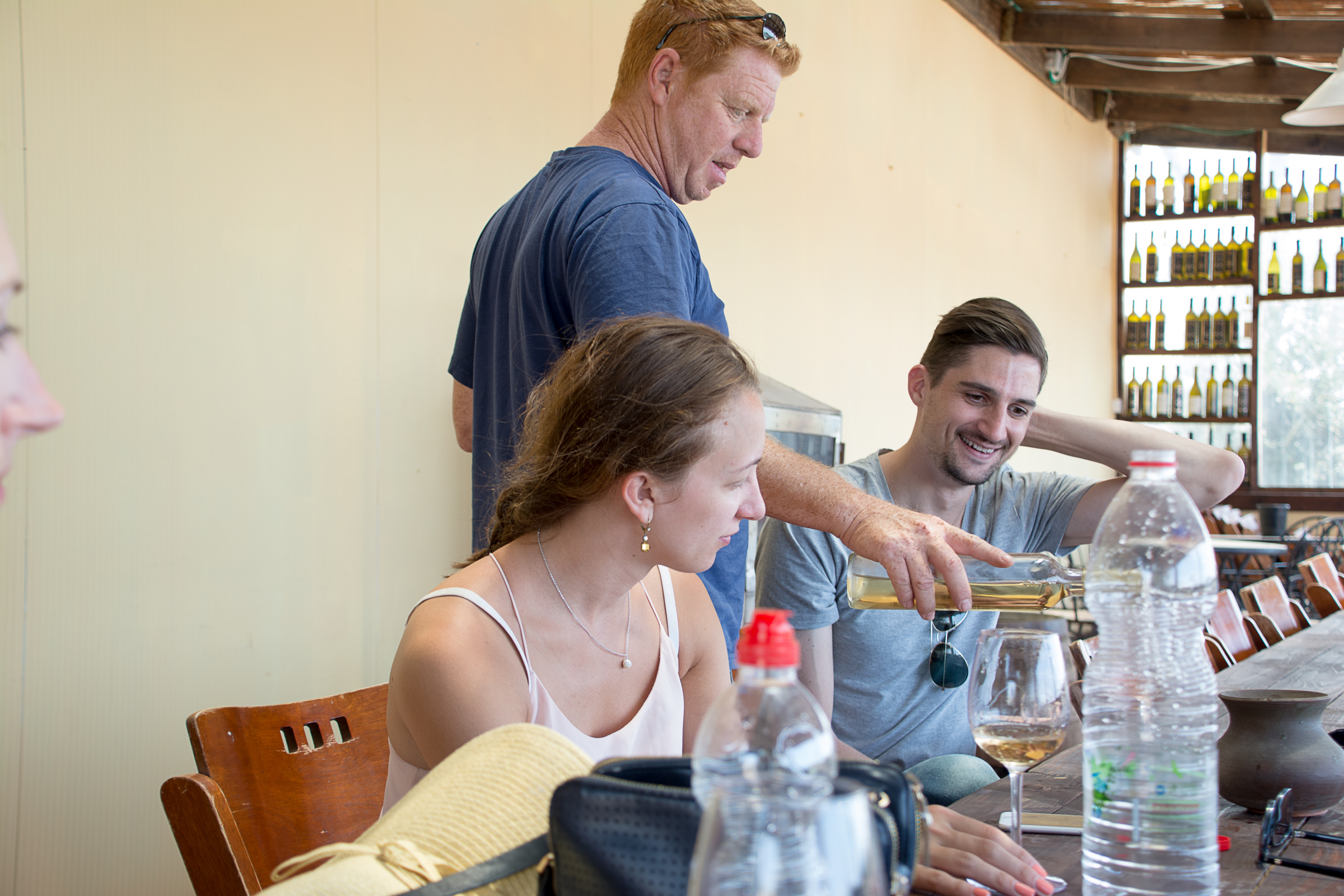
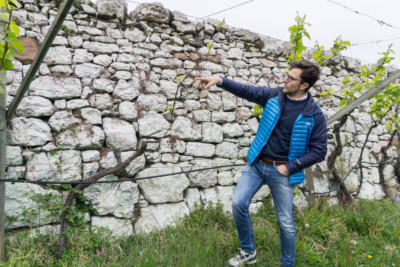

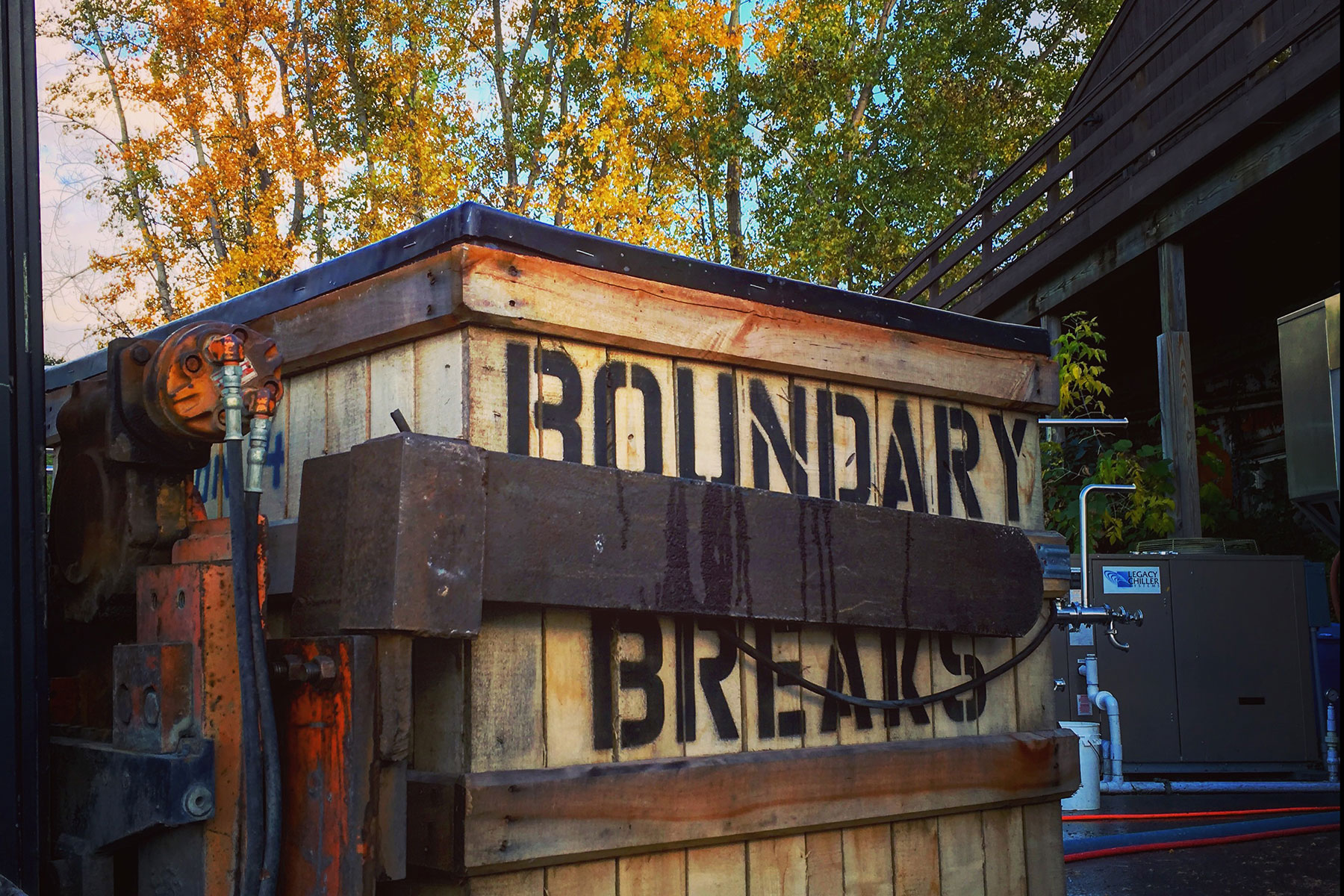
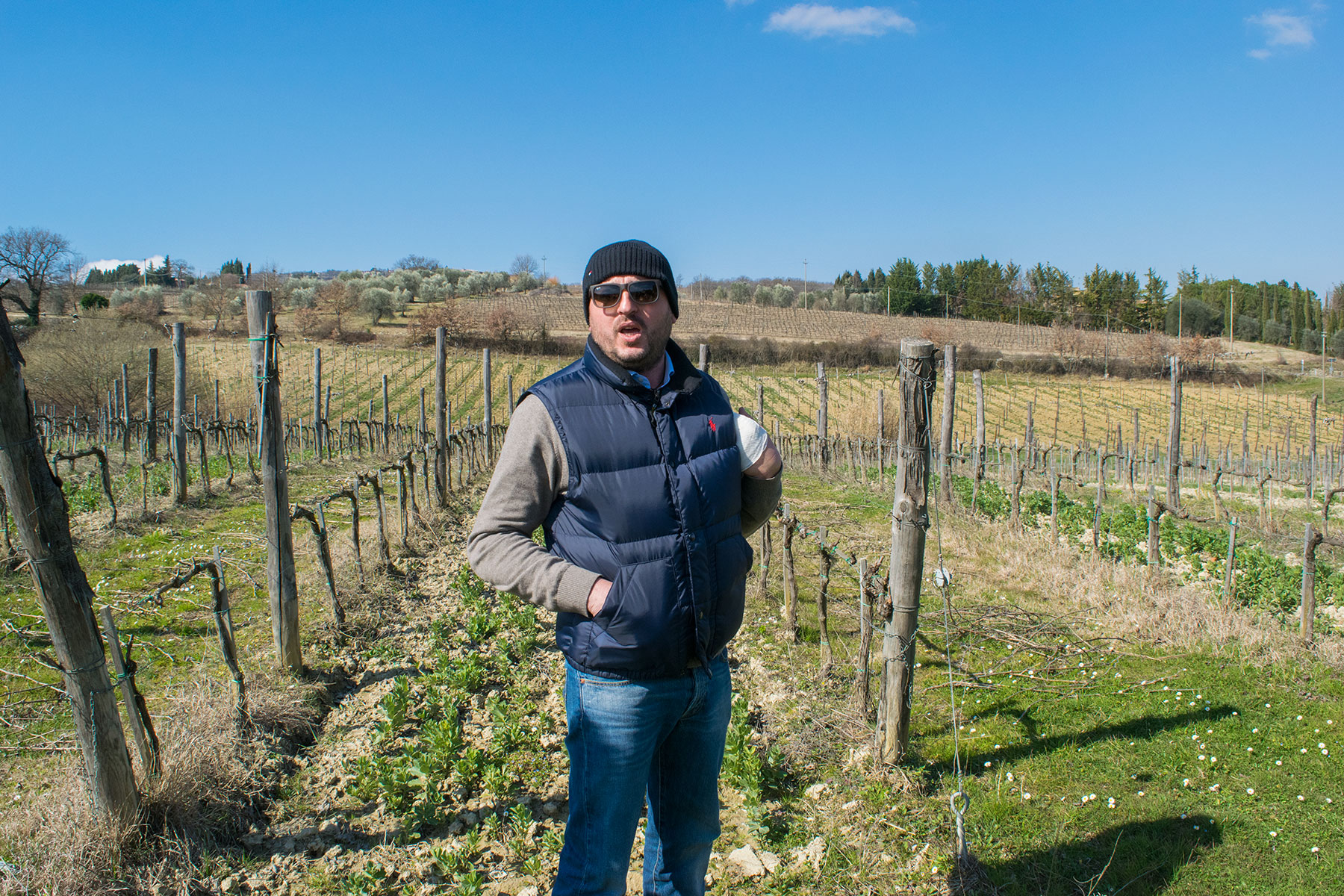
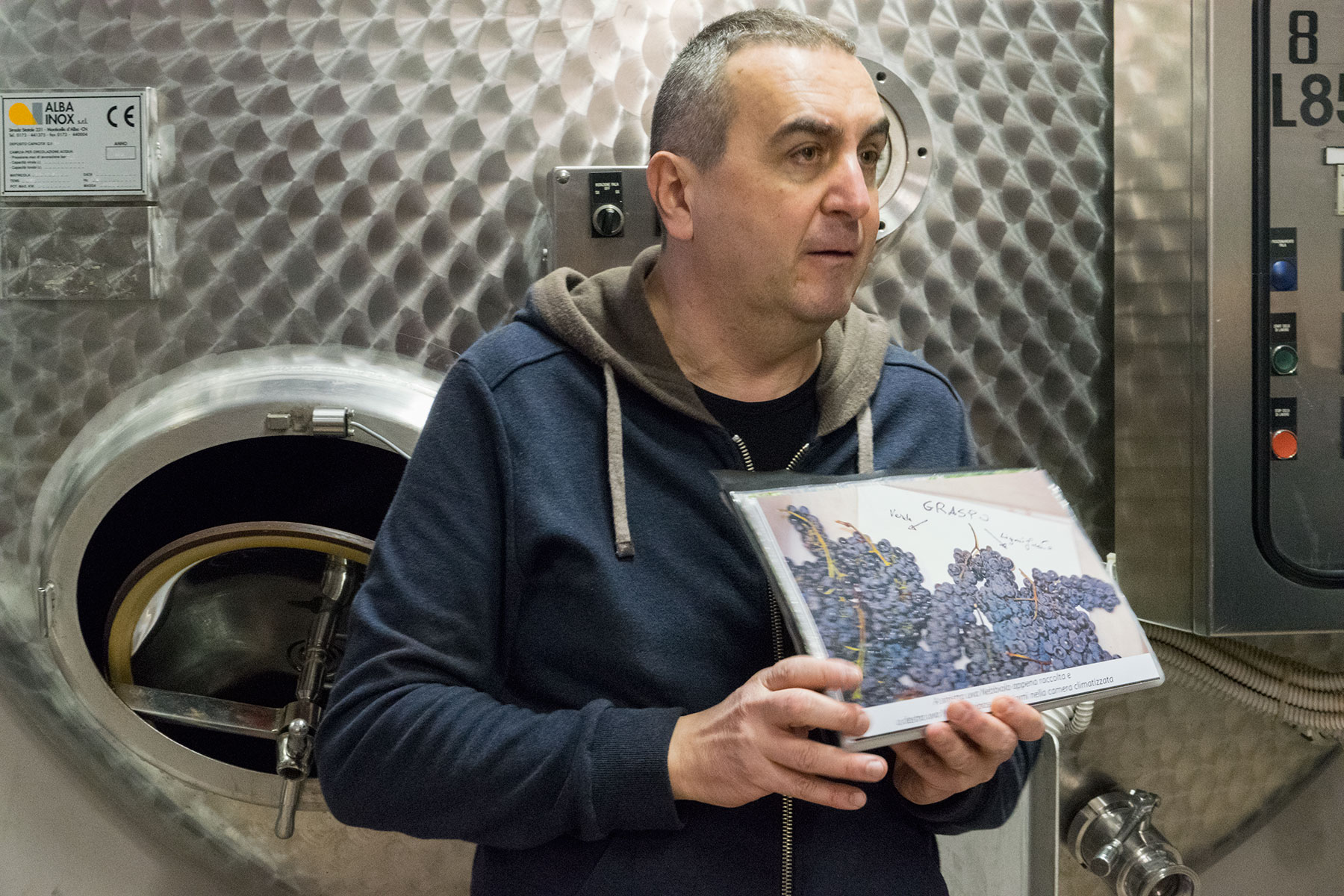
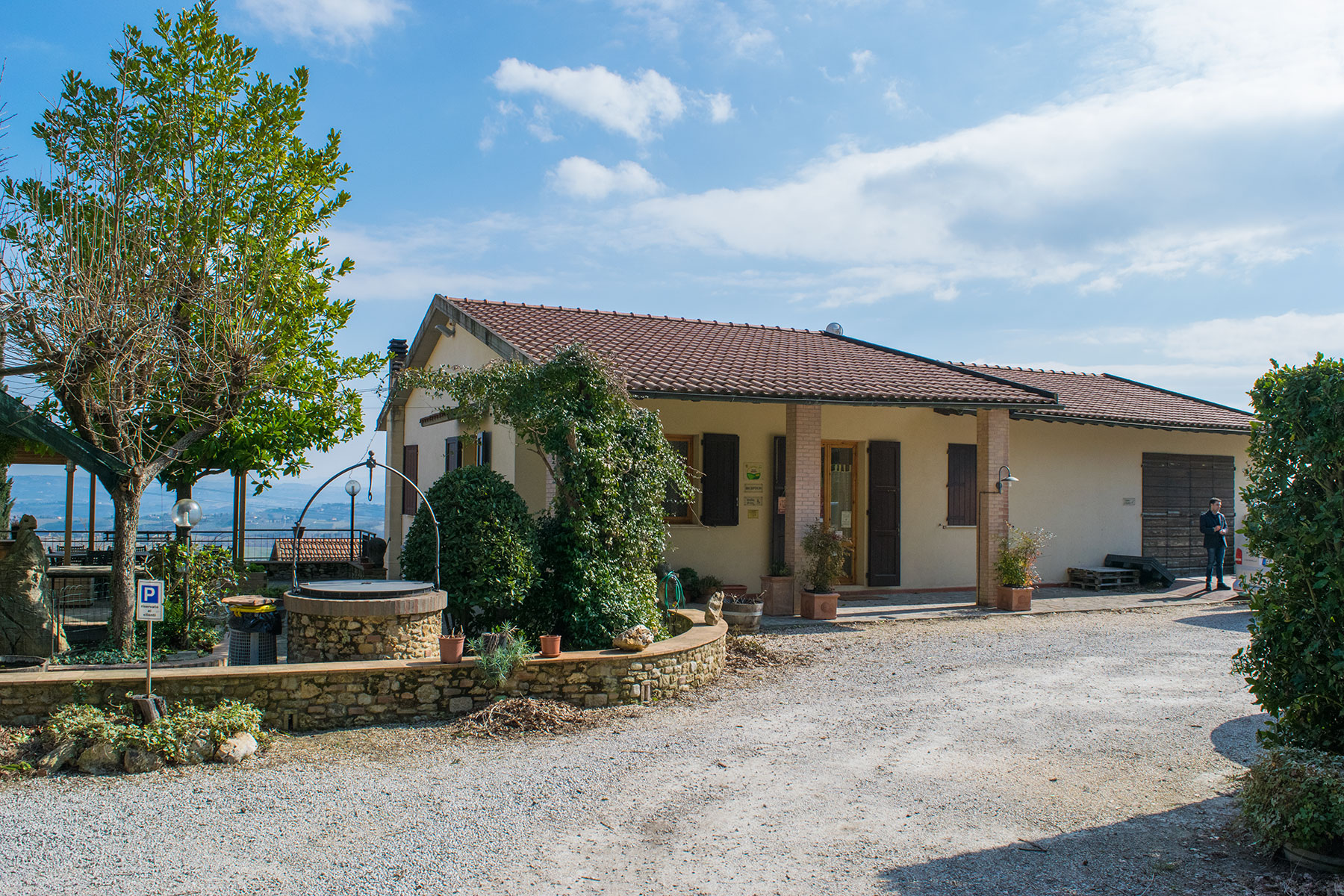
Leave A Comment
You must be logged in to post a comment.